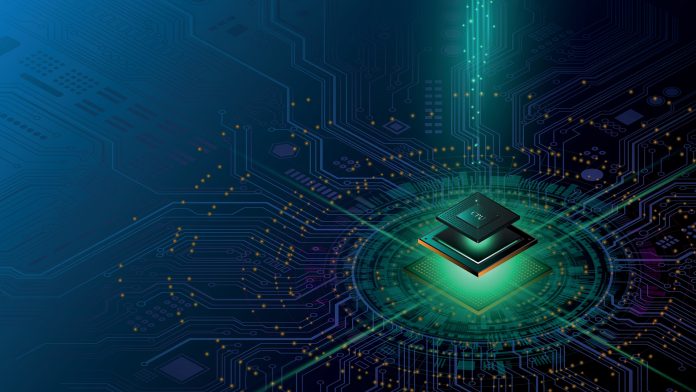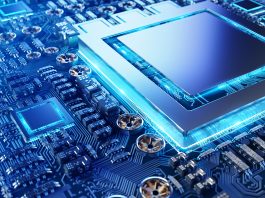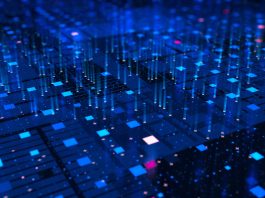A new collaboration project has been awarded funding to analyse how radiation and cosmic rays impact quantum technologies, focusing on the occurrence of errors in qubits.
Researchers from the Institute for Quantum Computing (IQC) at the University of Waterloo, SNOLAB near Sudbury, Ontario, and Chalmers University of Technology in Sweden have been awarded a new grant to analyse the impact of radiation and cosmic rays on quantum technologies.
The research grant, ‘Advanced Characterisation and Mitigation of Qubit Decoherence in a Deep Underground Environment,’ is sponsored by the Army Research Office, a directorate of the U.S. Combat Capabilities Development Command’s Army Research Laboratory.
It was awarded to Dr Chris Wilson, faculty member at IQC and professor in Waterloo’s Department of Electrical and Computer Engineering, along with Dr Jeter Hall, Director of Research at SNOLAB and adjunct professor at Laurentian University, and Dr Per Delsing, professor at Chalmers University of Technology and director of the Wallenberg Center for Quantum Technology.
Wilson said: “By partnering with the experts in dark matter and cosmic radiation at SNOLAB, we can bring together their expertise and strengths with the superconducting qubit skills we have at IQC and Chalmers.”
What is the impact of cosmic rays on quantum technologies?
The team plans to examine the link between cosmic rays and qubits – a fundamental part of quantum technologies.
Experiments have shown that one source of errors in qubits is being hit by a high-energy particle, such as a cosmic ray.
This causes an error hotspot, which spreads to neighbouring qubits. It has happened at a rate of around once every ten seconds, setting an upper limit on quantum calculation time.
Decoherence: Where qubits lose their quantum states
Like classical computers, most of the leading quantum error correction methods assume that each error is completely independent.
In superconducting qubit processors, the assumption of uncorrelated errors doesn’t hold true. Occasionally, all the qubits will error in response to radiation.
This gives rise to a challenge known as decoherence.
Advantages of using SNOLAB for the research
Built two kilometres underground in Vale’s Creighton mine, SNOLAB is the world’s deepest cleanroom.
The laboratory shields scientific experiments from high-energy particles from space, using the Canadian Shield to create a low background environment.
The environment allows the team to isolate qubits from cosmic radiation, helping to shed light on cosmic rays’ impacts on quantum technologies.
“SNOLAB maintains the lowest muon flux in the world and advanced cryogenics testing capabilities, making it an ideal place to conduct valuable research on quantum technologies,” said Hall.
High-quality superconducting qubits will be manufactured in the fabrication facilities at Chalmers University. They will then be tested at the surface in Sweden and Waterloo and underground at SNOLAB to explore the differences in each environment.
“We are super excited about this project, since it addresses the very important issue of how cosmic radiation affects quantum bits and quantum processors. Getting access to the underground facility at SNOLAB is crucial to understanding how the effects of cosmic radiation can be mitigated,” concluded Delsing.









